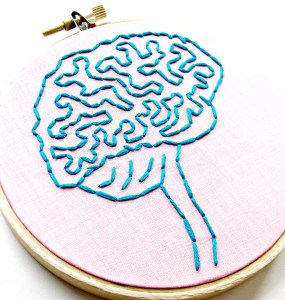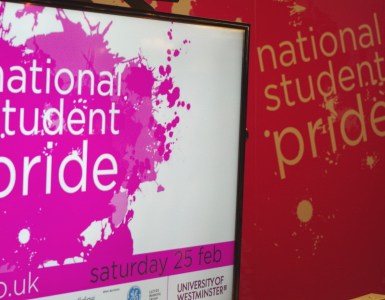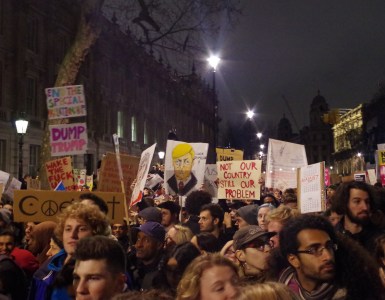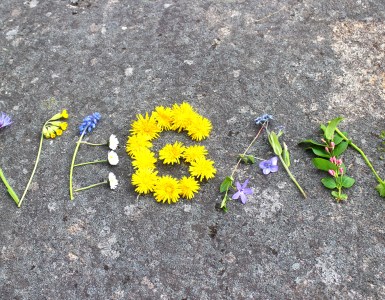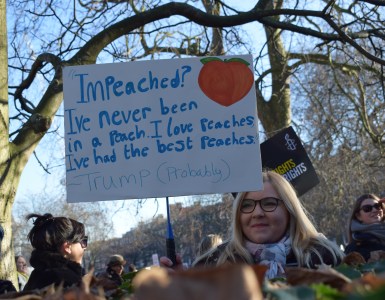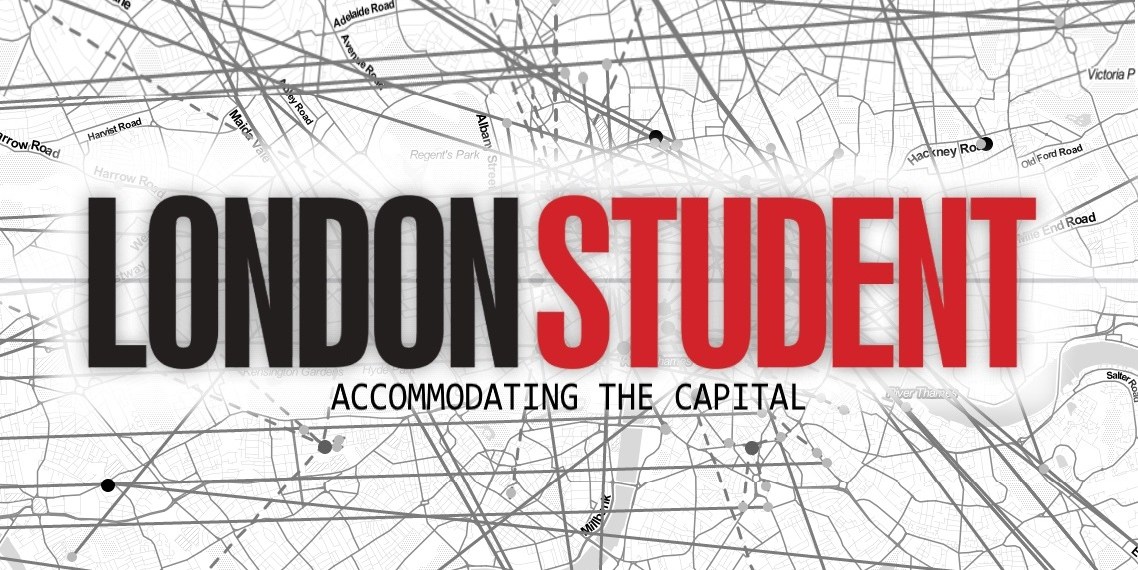“We’re trained to view beauty in one light and to only see one type as beautiful: its a lie that we’ve been conditioned to believe in. We’re all beautiful.”
-Corey Wade
In the monolithic shadow of forthcoming London Fashion Week events, ProjectFEM are fusing feminism and fashion to create an empowering, alternative space for women who are largely underrepresented in the mainstream.
The project is spearheaded by a trio of three recent grads who were mindful that only a tiny minority of women are represented by the people on their catwalks and our screens: founder Holly Campbell, head stylist Georgie Clayman and Annie Hitchman the media and comms director.
The events broad vision was based on the feminist principles that “fashion can be an inclusive and empowering space for people of all genders, abilities, ages, ethnicities and sizes,” as Hitchman explained.
ProjectFEM objects to the mass marginalisation of women in the processes of both production and showcasing. The Women’s Aid reports that around 80 per cent of sweatshop workers are women while 96 per cent of women are not genetically anything like the women we see in adverts.
By promoting the use of a range of models by designers who use sustainable and ethical methods in the creation of their products, the organisers and participants are challenging cultural norms that promote outdated binaries.
I arrived a little early and sauntered around Cargo. The hall has the perfect faux-dilapidation style for a Shoreditch fashion show - exposed brickwork, industrial ventilation shafts, pebbly cement flooring, fourteen pound double vodka monsters, a solitary neon rainbow.
The models mingled tentatively backstage after a dress rehearsal. There was a far more varied range of models on the runway in terms of gender and ethnicity than perhaps there might have been at a mainstream event, although models with limited mobility and those above size 14 remained underrepresented.
It was refreshing to see the rigid gender binary of conventional modelling attacked: the opening model on the runway was transgender Amanda Jane.
14 different designers showcased which meant for a diverse, sundry and occasionally muddled assortment of outfits on show. There were murmurings that the cast of models did not match the rhetoric in terms of diversity but there were last minute drop outs and some of the cast were simply not visibly impaired.
Despite ProjectFEM liaising with a variety of agencies, the relative absence of some groups demonstrates the gargantuan challenge of transforming an industry that has long conveyed homogenous images.
Bitesize soundbites echoed through the smoking area as the models prepared for the 3.30pm kickoff. Now for the full run. The floor began to swell a bit and hubbub emerged in the postindustrial surround. Kid Ink blared (the lyrics of this one joint were far less misogynistic than some of his others), the crowd stared, the models glared.
The crowd was far from sparse, though not abundant. The RSVPed VIP’s had prior functions which had overran. So for their viewing pleasure the models were given another go on the catwalk.
This gave me time to investigate the designers – from collectives to high fashion – who had to satisfy a litmus test of being either “ethical, sustainable, feminist or social activist,” according to Campbell, to be involved in the catwalk/exhibition/marketplace/networking bonanza. Birdsong and Bella Kinesis stood out.
Birdsong source all their materials from women from marginalised backgrounds, such as refugee octogenarian seamstresses. They are then modelled by local activists as empowerment and enfranchisement collide.
Sportswear brand Bella Kinesis produce all their clothes in the UK and have their packaging made in India by women whom they pay a fair wage. With their profits they fund business education classes in rural India.
When the models took the runway a second time, it felt like a different show. The lights illuminated the floor with greater panache and the models strutted with added vigour. Confetti engulfed us all as the models and organisers celebrated their achievements in a huddle of optimism.
Next, we had speeches. Sophie Slater is an entrepreneur in a social enterprise, the aforementioned Birdsong.
Their mantra “No sweatshops, no photoshop” slotted in perfectly with the prevailing ethos of the event and her speech, which charted her journey from American Apparel shop assistant to Birdsong’s current investment push was well received.
Beyond ensuring a transparent production process that employs local women’s groups around Spitalfields, Birdsong shoot women activists – typically activists – to model their clothes. Half of their turnover goes back to 15 women’s groups, 7 of which are in the UK and Slater– who recently moved into her friends living room so that she can work full time – is striving to grow the company from strength to strength.
Sophie Walker is the leader of the Women’s Equality Party who placed fifth in the recent London Mayoral Election with 2% of votes cast.
Her party recently launched a #NoSizeFitsAll campaign which proposes that if you want to work as a model you must have a BMI above 18.5 unless you’ve been certified as healthy by an accredited physician. They are also recommending that the British Fashion Council commits to making sure that designers at London Fashion Week show two sample sizes in every range, one of which must be a UK size 12 or above, since this is the median size of British women.
She has written to Sadiq Khan to stress that if this policy is not adopted, her party will be demanding that the British Fashion Council loses their state funding.
Both Slater and Walker denounced the Tory cuts that have been imposed since 2010. According to Slater, who cited Women’s Aid Reports, 92% of women’s organisations in London have experienced some degree of funding cuts.
This comes at a time where groups such as Women’s Aid and Rape Crisis are calling on the UK government to ratify the Istanbul Convention of which it is a signatory. The Istanbul Convention requires states to fund both general and specialist services that are geared to combat and prevent violence against women.
As the state recedes into a far scaled back, smaller model of its former self, some journalists have stated that spending cuts to women’s, BME organisations, make it impossible for the UK to be compliant with the obligations that accompany the treaty.
Eaves, a charity who support women facing of suffering from violence, went under in October 2015 as a result. They previously dealt with 2000 women a year in the form of one off telephone advice, one-to-one or group work, or intensive, prolonged support.
“We’re not slim-shaming, we’re liberating: we’re all glorious in our diversity.”
Walker later concluded, “we’re not slim-shaming we’re liberating: we’re all glorious in our diversity.” The consensus between the speakers and those I spoke to is that the fashion industry is unrepresentative of British women today and the speakers echoed ProjectFEM’s mission statement that the fashion world needs an entire culture shift.
Attendees such as Rain Dove, first model to walk in both male and female LFW and NYFW events and first homosexual male on America’s Top Model, Cory Wade, gushed in their praise of the event which is part of an emerging vanguard that is “redefining perceptions of beauty,” said Wade.
ProjectFEM created a space for activists and others to discuss issues marginalised in the mainstream. With a blog and a growing following they seek to build a robust social enterprise model, support designers with ethical and sustainable business models and promote the inclusion of BME, physically impaired and trans people in fashion.

